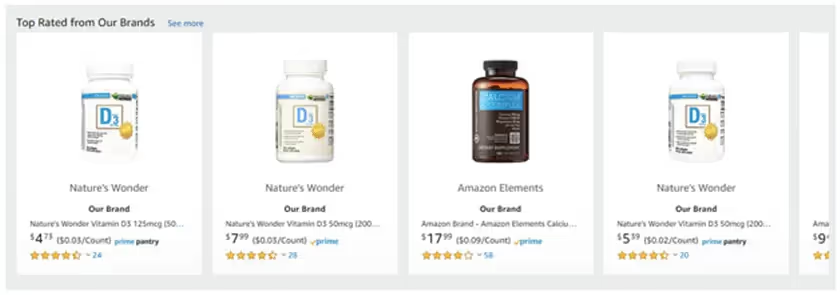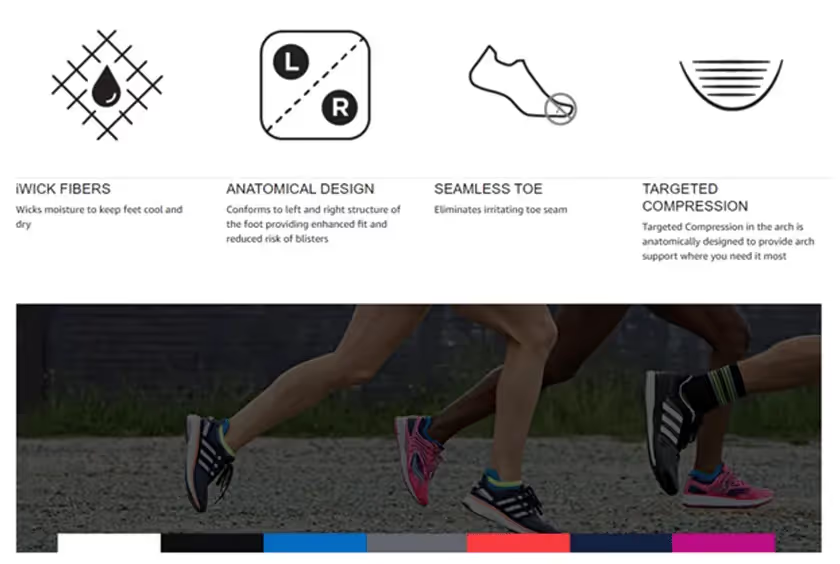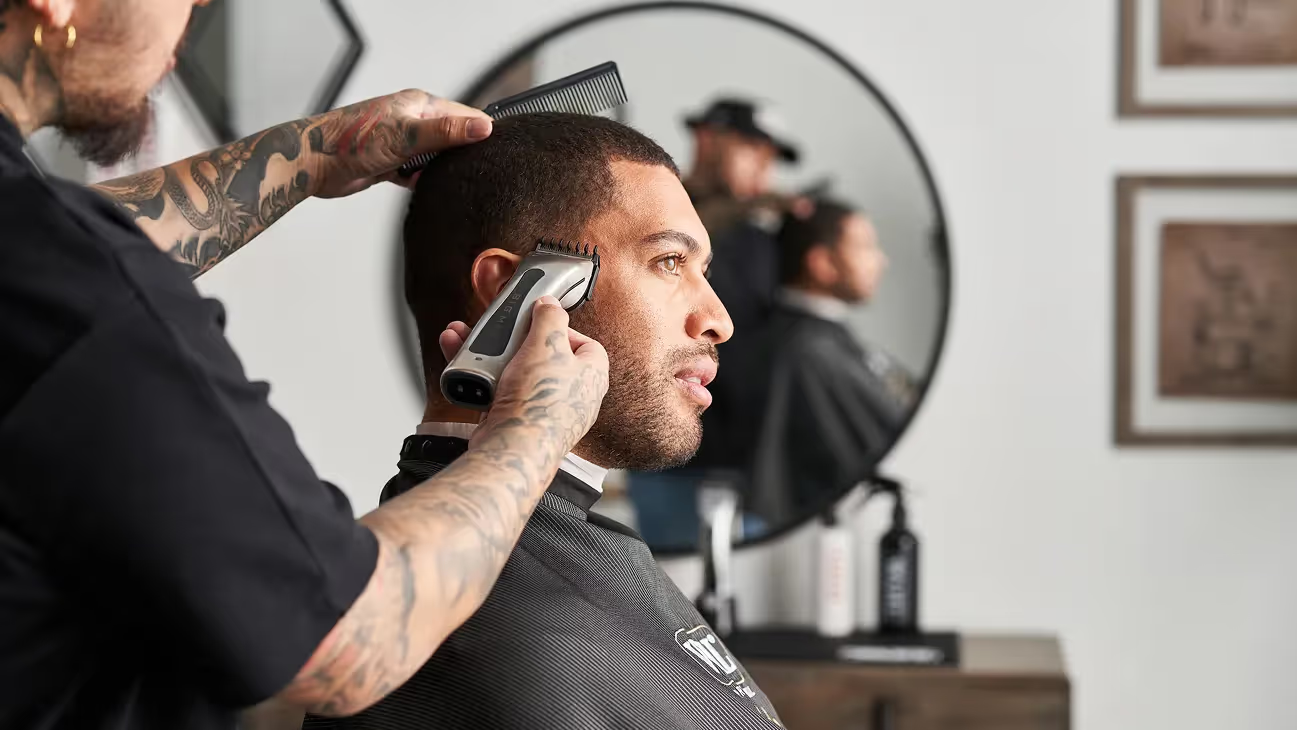The Rise of Amazon Private Label Brands: How Can You Compete?
What are Amazon Private Label Brands? How can you compete with Amazon? Pattern's ecommerce experts explain.
Amazon’s list of private label brands has grown from around 30 in 2017 to over 70 as of April 2018. Amazon’s private labels operate in several markets, such as grocery, health and household, beauty and personal care, electronics, and a remarkable 65 brands in the clothing, shoes, and jewelry market.
How to find out which brands belong to Amazon
You can find these brands easily on their platform. By searching some common keywords, “supplements”, “auxiliary cable”, “wipes”, “diapers”, “laundry detergent”, and “children’s clothes” you can see that they all produce a box labeled “Top Rated from Our Brands.” This box sits close to the top of organic search results and present consumers with relevant top-rated products from Amazon’s private label brands.
So how can you and your eCommerce company compete with brands produced by one of the biggest companies in the world?
Consumers choose brands they trust
The truth is, consumers trust Amazon. In fact, they came first in The Values Institute’s 2017 National Most Trustworthy Brands survey. How can brands compete with Amazon’s private labels when their products are more prominently displayed, often priced lower, and have the backing of the nation’s most trusted brand?

Brands need to leverage the trust and credibility that your brand has gained over time. They need to strengthen their brand’s image to show that their products are trustworthy and of superior quality, create brand loyalty, and are worth the extra cost when compared to private label products.
Pattern Brand Manager Juliana Hacken, who works with Thorne, a trusted company in the nutritional supplement industry, says that “Loyalty to your brand comes from putting out the best product you can for your customers and providing great customer care. For Thorne that means extensive research and development and constant improvement to put out the products that best support the health of their customers. If products don’t meet their standard of excellence, they don’t sell them. Thorne takes care of its customers.”
Know and target your customers
In the e-commerce world, acquiring loyal customers begins by optimizing your product pages with top notch visual and descriptive content, increasing your visibility through search engine optimization (SEO) and digital marketing campaigns, and correctly managing your customer reviews.

It’s important that you know who your target market is. For example, in the ‘apparel’ category, Amazon has a few brands with a wide array of products, but most brands have less than 100 products each
“Amazon is creating brands designed to resonate with a specific consumer segment or focus on a specific apparel category.” With amazon working in a highly segmented market, it’s possible that you may not even be competing with them for their target market.
Are your customers the type to search Amazon for “B-complex Plus” or “5-MTHF” and are searching for high quality vitamins backed by health practitioners? Or are they simply searching “Vitamin B” or "Folate" and purchasing the least expensive option? You can avoid having to compete with or reduce the competitive effects of Amazon’s private label products if you are specific in defining what your niche is in that market.

This A+ content from Feetures uses simple iconography to explain the superiority of their socks and provides a great context photo of their product.
If you [the customer] don’t care enough about Energizer or Duracell to ask [or search] for Energizer or Duracell batteries, that’s really not Amazon’s problem—that’s a failure on the part of Energizer and Duracell." Your goal above all else in this competition should be that your customers reach out first to your brand and your great products before they can be drawn away by the low prices and attractive Amazon label.
For more information on how you can beat out Amazon’s private label brands or if you need help growing your Amazon marketplace, fill out the form below.


.jpg)






.jpg)
.jpg)